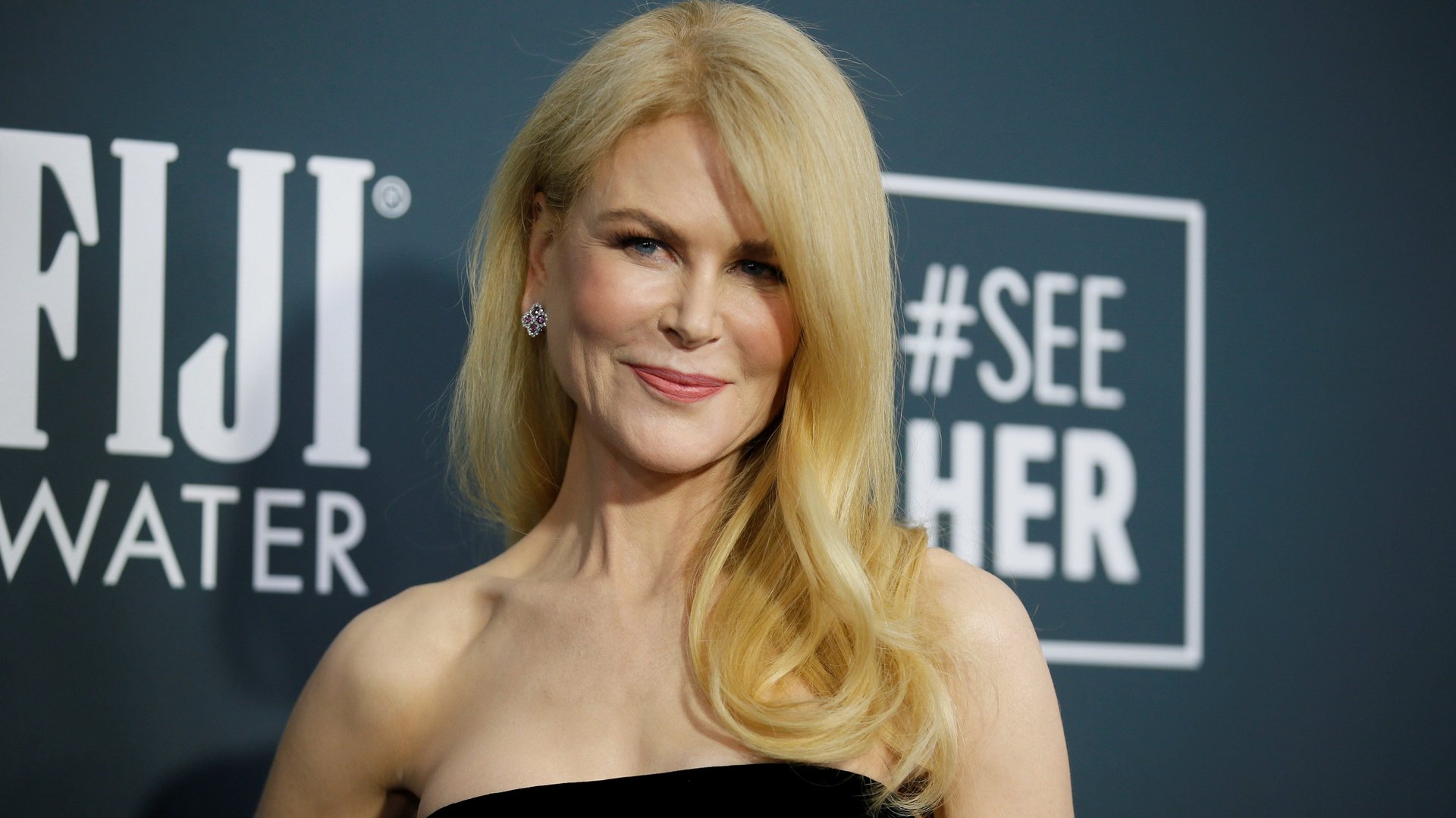Amazon’s shows about Hong Kong expats couldn’t come at a worse time
It’s bad enough that Amazon is backing not one but two shows about the exciting lives of Hong Kong expats at a time when many Hong Kongers are trying to get out of a city where speech and political activity have been sharply constrained.


It’s bad enough that Amazon is backing not one but two shows about the exciting lives of Hong Kong expats at a time when many Hong Kongers are trying to get out of a city where speech and political activity have been sharply constrained.
On top of that, to help film one of these glitzy portrayals, actor Nicole Kidman was exempted from Hong Kong’s strict quarantine rules just days before the city, hewing to China’s Covid-zero policies, tightened them for everyone else.
Kidman, whose production company Blossom Films is co-producing Expats for Amazon Prime Video, arrived in the city on a private jet from Australia last week, according to local newspaper the Standard. Two days after her arrival, Kidman was spotted shopping in shops in Hong Kong’s central business districts, as well as at a school for shooting the show, it said. The 54-year-old will be living in an upscale mansion whose monthly rent is around HK$650,000 ($83,500) till October, according to Bloomberg.
Earlier this summer, Hong Kong’s decision to exempt bankers from full quarantine drew criticisms and, authorities were forced to retract the policy within weeks. Even Hong Kong’s returning Olympic athletes were not exempted.
The Hong Kong government said in a statement that Kidman was granted an exemption from quarantine for “performing designated professional work, taking into account that it is conducive to maintaining the necessary operation and development of Hong Kong’s economy.”
Quarantine exceptionalism aside, the show’s focus on the expatriate bubble at a time when the city is undergoing a political sea change is also rubbing Hong Kongers the wrong way. And it’s not the only show Amazon’s developing that’s similarly centered on the light-hearted experiences of foreigners.
“Expats” and “Exciting Times”
The show Kidman is producing is based on The Expatriates, a novel by Hong Kong-born American author Janice Y. K. Lee, which tells the story of three American women’s lives in the city. The characters live in a community isolated from locals and are instead “bound together by white privilege or attempts to attain it,” wrote a 2016 review of the book in the Los Angeles Times.
Meanwhile, Amazon Studios is also developing another TV series titled Exciting Times, based on Naoise Dolan’s debut novel of the same name. It tells the story of a young Irish girl who gets into a love triangle with a banker and a lawyer, and will star British actress Phoebe Dynevor, who rose to fame for her role in soapy Netflix show Bridgerton.
That there are two high-profile Hong Kong-centered TV series at a time when the city faces rapidly shrinking freedoms and a large exodus of people who are fleeing the sweeping political crackdown from Beijing’s National Security Law is striking many Hong Kongers as jarring at best and tone deaf at worst.
Hong Kong has long been a global city where both affluent foreigners and migrant workers are a part of the fabric. But the city’s authoritarian turn has underscored the gulf between the well-off expat experience of the city and what actual Hong Kongers are facing.
The lives portrayed in the shows—which revolve around cocktail parties and the small bother of “managing the help“— also validate the perceived image of some expats in the eyes of local citizens: a bunch who are indifferent to the drastic political changes the place they reside is experiencing, as they always know they can leave the city when “the shit hits the fan,” as one US woman who lives in Hong Kong told the Financial Times in April.
Quartz has reached out to Amazon for comment.
Portraying a very specific Hong Kong experience
The Hong Kong government’s embrace of shows like Kidman’s Expats—which dovetails with the government’s desire to portray an image of “business as usual” in the city—comes alongside the increasing censorship of the city’s own television, film, and book industries.
In March, Hong Kong’s largest free-to-air TV network decided not to show the Oscars for the first time in more than half a century. Though TVB said it was “purely a commercial decision,” the canceled coverage was widely believed to have been caused by the nomination of Do Not Split, a short documentary on the 2019 Hong Kong protests.
Meanwhile, pro-government lawmakers have condemned local screenings of Inside the Red Brick Wall, another documentary chronicling the Hong Kong protests, as being in violation of the city’s national security law for inciting violence and terrorism. State media had also attacked the screenings, calling them an “underground” attempt to “incite resistance” against the government.
Last month, five speech therapists who alluded to political events in illustrated books intended for children were arrested.
For filmmakers who decide to continue working in Hong Kong, the future can be precarious. Kiwi Chow, director of the protest documentary Revolution of Our Times that premiered at the Cannes Film Festival last month, has said in media interviews (link in Chinese) that he is fully prepared to be a political prisoner as a result of his work.
He has good reason to be worried—even the title of his film is a crime. It’s taken from a protest slogan that has been declared secessionist in Hong Kong’s first national security law trial. Secession is one of four crimes the security law focuses on, and is punishable by up to life in prison.